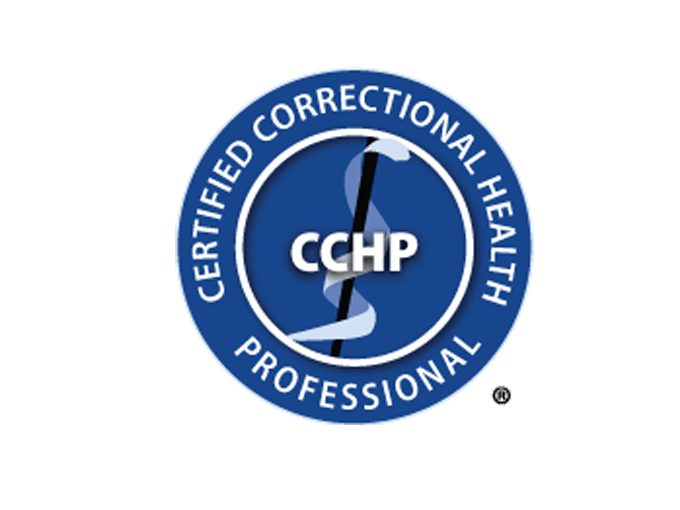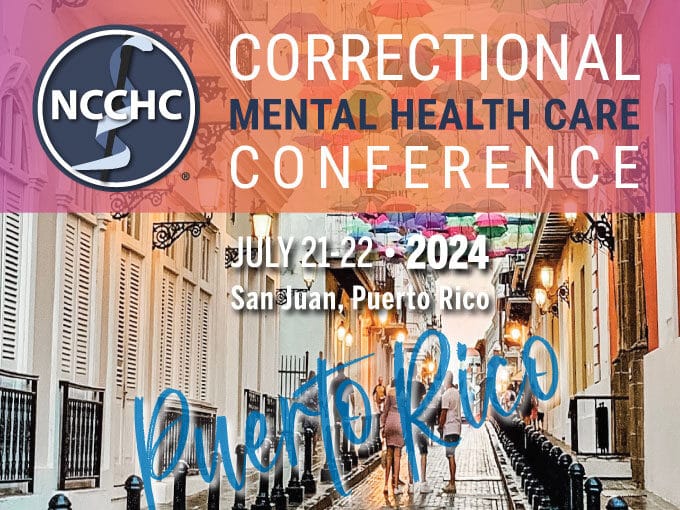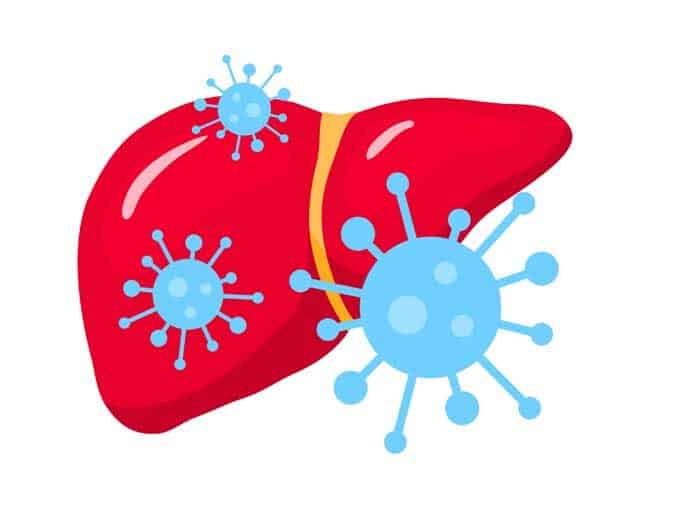
Scholarships Available for CCHP Certification and Study Materials
Five scholarships are available that pay for CCHP testing and study materials.
Home NCCHC’s New Board Chair Shares His Thoughts about Coping with COVID-19
by Joseph V. Penn, MD, CCHP-MH:
I was recently asked how correctional health care has changed since the last time I was NCCHC chairman in 2008 and 2009. The truth is, in some ways it is very much the same, with similar challenges.
I would argue that we had a full plate well before the onset of COVID 19. Now, we must work with purpose to combat this threat to our patients, our families, our coworkers, and ourselves. We all feel the overwhelming responsibilities. We cannot escape the current civil unrest, racial tensions, and political upheaval. Many people are also dealing with hurricanes, flooding, wildfires, and COVID-related economic and unemployment problems.
Those of us in the “helping professions” are used to diminishing our own mental health needs. We are accustomed to self-sacrifice and putting our patients first. We are less apt to recognize our own personal needs. And working in corrections, we have become experts at handling tough situations without acknowledging the full impact and toll those situations may take upon us.
It’s not surprising that results of a recent survey sent to CCHPs emphasized the negative impact of today’s stress and uncertainty on both staff and the incarcerated.
Obviously, stress can’t be prevented, and most of us have chosen, indeed thrived, in this high-pressure profession. Given that, we absolutely must learn to recognize and manage our stress and build a supportive structure. We owe it to ourselves and everyone around us.
In a subsequent blog post, I will provide practical tips and strategies for taking care of yourself during this terribly challenging pandemic.
Joseph V. Penn, MD, CCHP-MH, is the 2021 chair of the NCCHC Governance Board and board liaison of the American Academy of Psychiatry and the Law.
This column is an excerpt of a speech he gave at the 2020 National Conference. To view his talk in its entirety, go to the NCCHC YouTube channel.
Learn more about Dr. Penn.


